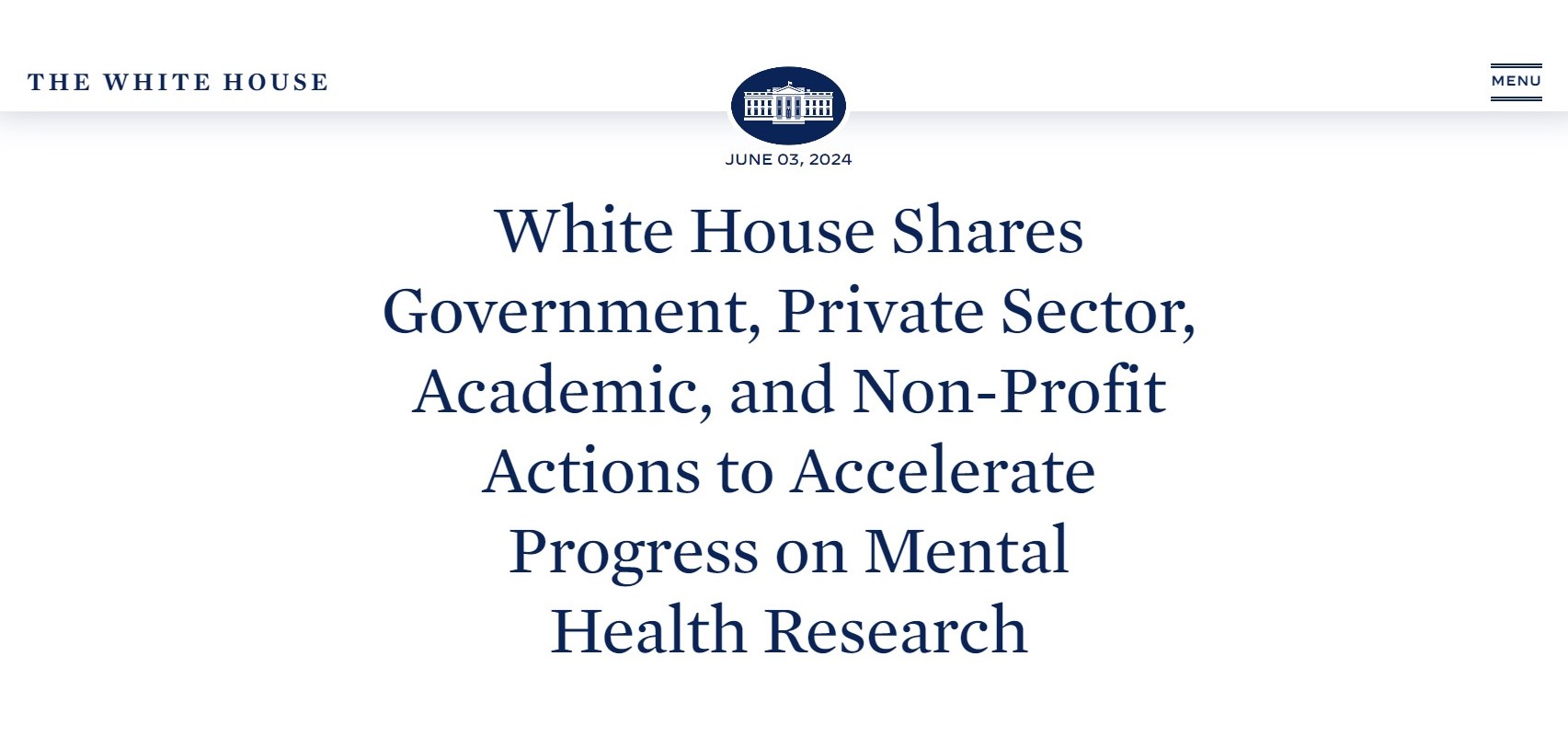How Can CBT Be Expanded Beyond Specialty Headache Centers?
Post Date: February 2, 2022 | Publish Date:

Scott Powers, PhD, and colleagues at the Headache Center at Cincinnati Children’s have built a powerful case in recent years for pursuing non-medication approaches to helping teens battling the pain and life disruption of migraine.
Now, his team has published a research progress update in Current Pain and Headache Reports that lays out a case for moving the benefits of cognitive behavior therapy (CBT) beyond the walls of specialty headache centers.
Among the goals: build more effective ways to support clinical trials that extend participation otherwise dominated by white girls to include more people of more diverse cultures, racial identities and backgrounds.
“Because beliefs about pain and the best ways to manage pain can vary considerably across racial and ethnic groups, taking time to understand how patients view their pain experience will allow providers to share a rationale for treatment that is consistent with these beliefs, and may enhance patient engagement in a psychological intervention,” Powers and co-authors write.
The study addresses concerns about limited access to trained experts based in specialty centers, the disruptions involved in getting teens to multiple appointments, and more.
The co-authors note that telemedicine approaches that exploded during the COVID-19 pandemic out of necessity also need further study to make effective longer-term use of digital technologies as access boosters.
Read more in the journal
Read the study that found no statistical benefit from taking leading migraine medications vs placebo
Related Blog Posts
Cognitive Behavioral Therapy Improves Pediatric Migraine Symptoms
Research from Cincinnati Children’s Leads to New Migraine Treatment Guidelines





